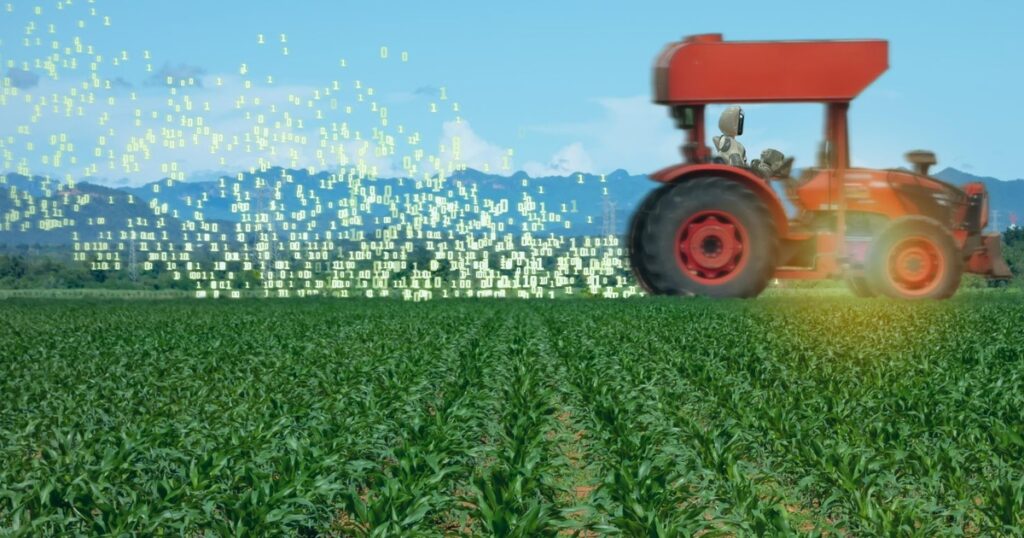The agricultural industry is undergoing a technological revolution with the integration of Artificial Intelligence (AI), Internet of Things (IoT), and automation. These advancements enable precision farming, where AI-powered tools help farmers monitor soil health, predict weather patterns, and optimize irrigation systems. By using IoT sensors and satellite imagery, farmers can make data-driven decisions to improve crop yields while reducing water and fertilizer usage. Drones equipped with AI-powered imaging can detect pest infestations and plant diseases early, leading to better management and higher productivity.
AI is also transforming supply chain efficiency in agriculture. Machine learning models predict market demand, optimize distribution networks, and minimize food wastage by analyzing real-time data. Automated machinery, such as self-driving tractors and robotic harvesters, further enhances productivity by reducing labor dependency. Agri-tech companies like John Deere, Bayer Crop Science, and IBM Watson Agriculture are pioneering smart farming solutions that make agriculture more sustainable and profitable.
However, implementing AI in agriculture comes with challenges, including high initial costs, lack of technical expertise, and connectivity issues in rural areas. Many small-scale farmers struggle with adopting AI-driven solutions due to infrastructure limitations. To bridge this gap, governments and private organizations are investing in agriculture technology training programs, AI-powered mobile apps, and affordable smart farming tools. As AI continues to evolve, it will play a crucial role in ensuring food security, increasing efficiency, and promoting sustainable farming practices worldwide.

